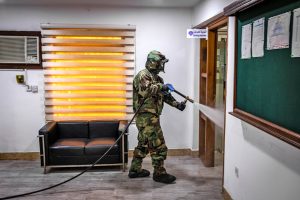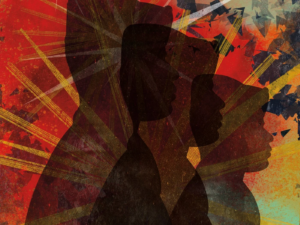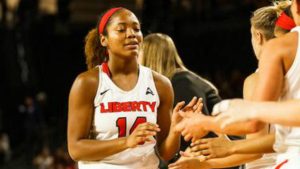It is perhaps inevitable that a problem as large and complex as covid-19 should result in a pandemic of motivated reasoning. It is a human tendency to interpret disasters as confirmation of our existing beliefs. So the coronavirus outbreak proves the need for a border wall. Or it demonstrates the urgency of Medicare-for-all. Or it resulted, in the words of Franklin Graham, from “a world that has turned its back on God.”
Not every argument is strained or spurious. The pandemic has given our health-care system an X-ray, revealing disturbing racial inequities that need to be understood and addressed. But on the whole, we are right to be wary of people who claim great tragedies as the confirmation of pet theories and previous prophesies. The convenience of an argument is often inversely proportional to its credibility.
Motivated reasoning is usually just tiresome. At its worst, it can be dangerous. Sometimes drawing the wrong lesson badly obscures a right and necessary lesson. Sometimes the interpretation of a crisis is so dramatically mistaken, so ludicrous and imprudent, that it can worsen the crisis itself.
Such is the case with conservatives who look at the coronavirus outbreak and see, of all things, the discrediting of experts and expertise. In this view, the failures of the World Health Organization (WHO) and the Centers for Disease Control and Prevention (CDC) have brought the whole profession into disrepute. The judgments of health professionals have often been no better than the folk wisdom of the Internet. The pandemic is not only further proof of the fallibility of insiders; it has revealed the inherent inaccessibility of medical truth. All of us, scientists and nonscientists, are walking blindly on the same misty moor and may stumble on medical insights.
This argument assumes an intellectual fog that is just lifting. Though we are still relatively early in the pandemic, this much seems clear: The medical experts recommended aggressive social distancing to bend the curve of infections and deaths downward. Americans generally trusted the experts. By all the evidence, aggressive social distancing is bending the curve of infections and deaths downward. And places that were earliest and most aggressive in this approach have seen the best results.
This outcome doesn’t strike me as murky. It is difficult to see how experts whose advice clearly saved tens of thousands of lives can be called discredited. It is easy, however, to see how making this false claim might undermine public adherence to their advice, which still matters greatly in the crisis.
It is true that some public health institutions were not as effective as they should have been. The WHO was willing to cheer for China’s response while Chinese officials were not revealing the truth about human-to-human transmission. And the CDC did badly mishandle the early stage of diagnostic testing.
Yet there is a large distinction between institutional failure and the supposed failure of science as the best method to understand disease. Neither the WHO nor the CDC was saying that the coronavirus is really the common cold, or that it is only as bad as the flu (as you would have learned on the Internet). The difference here is not complex. The limits of epidemiologists do not change the realities of epidemiology. The methods of science are the only way we gain access to information about the nature of disease. Judgments based on that information are not infallible. But they are always preferable to the aggregate opinion of the Internet. Even if that opinion stumbles on the truth, there is no way to be confident it is the truth.
The main failures we have seen in the coronavirus response have not been caused by excessive confidence in experts. Our problems have been rooted in the failure of political leaders to treat the warnings of experts with sufficient seriousness, and to act on those warnings with sufficient urgency. It was the president who publicly dismissed the disease as a minor annoyance when other members of his administration knew that to be untrue. It was the president who characterized pandemic awareness as a political conspiracy during wasted weeks. It was the president who spouted misinformation about the disease and its treatment while horrified experts stood beside him.
From the beginning, flattening the curve was going to require heroic measures to achieve mixed results. That is the nature of reality, not a commentary on public health expertise. The experts have earned our trust. And continued progress depends on believing them.




